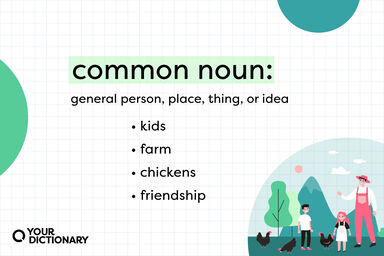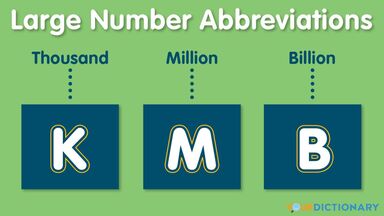Common Definition
- Equally with or by all.
- equally with, or shared by, another or all concerned
Origin of Common
-
From Middle English comun, from Anglo-Norman comun, from Old French comun (rare in the Gallo-Romance languages, but reinforced as a Carolingian calque of Frankish gemeini, gamaini "common" in Old French), from Latin commūnis (“common, public, general”), from Proto-Indo-European *ko-moin-i (“held in common”). Displaced native Middle English ȝemǣne, imene (“common, general, universal”) (from Old English ġemǣne (“common, universal”)), Middle English mǣne, mene (“mean, common”) (also from Old English ġemǣne (“common, universal”)), Middle English samen, somen (“in common, together”) (from Old English samen (“together”)).
From Wiktionary
-
Middle English commune from Old French commun from Latin commūnis mei-1 in Indo-European roots
From American Heritage Dictionary of the English Language, 5th Edition
Related Articles
Find Similar Words
Find similar words to common using the buttons below.





